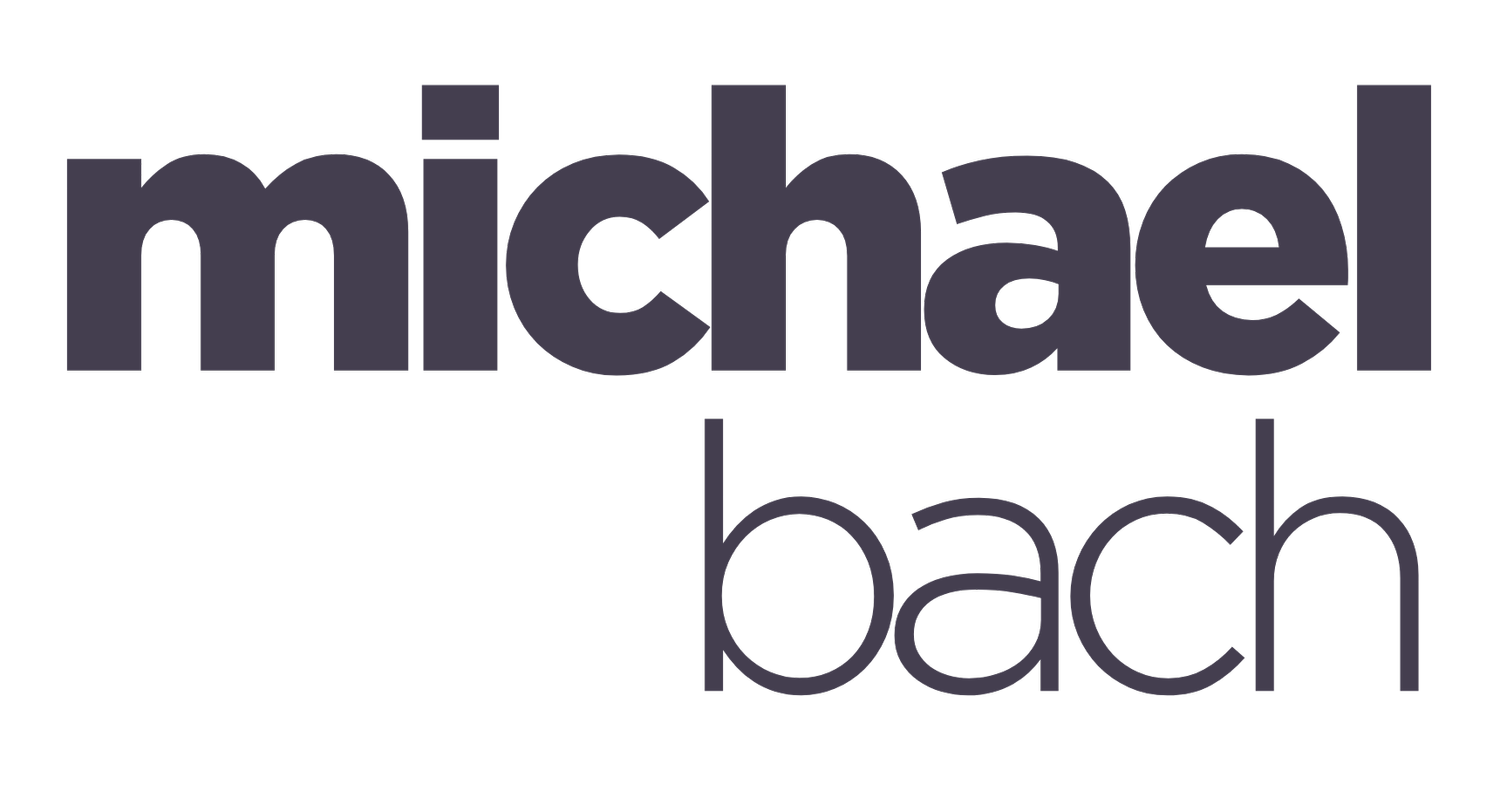My Superpower is Privilege
Recently a colleague shared a story about how they had been “accused” of having white privilege. This colleague lives with profound hearing loss, but they are, in fact, white. They argued that they can’t have privilege because they live with a disability. They’re right. And wrong.
Privilege is defined by the National Conference for Community and Justice as “an advantage or immunity granted to or enjoyed by one societal group above and beyond the common advantage of all other groups.”
Privilege is often invisible to those who have it. It is not something that a person chooses. Privilege cannot be given, gifted, assigned, bought, stolen, removed, waived, or abandoned. Privilege is not something you achieve.
There are many forms of privilege. White privilege, male privilege, able-bodied privilege. But there are lots of forms of privileges that you might not think about. For example, do you have access to high-speed internet? According to a 2018 FCC report, 14 million Americans do not have access to high-speed internet, regardless of whether or not they can afford it. Considering our dependence on the internet, high-speed internet access is a privilege that not everyone experiences.
One thing about privilege that people often confuse is that having privilege means you cannot have hardship. A person can be white and male, and experience the benefits that come with those identities. But if that same person is gay and lives with a disability, they may experience marginalization from those identities. One thing does not negate the other. Having privilege doesn’t mean you are universally privileged, nor does it mean that you have a privileged life.
Don’t believe privilege exists? Consider these data points:
African Americans are 63 percent more likely to be stopped by police while driving even though, they drive 16 percent less.
81 percent of women report experiencing some form of sexual harassment in their lifetime, compared to 43 percent of men
Women make 77 cents for every dollar earned by a man doing the same or similar job. For African American women, it’s 64 cents. For Latinx women, it’s just 55 cents.
These are just three data points to show the reality that privilege exists, whether we like it or not. Privilege doesn’t make a person bad or good. It just is.
As many of us work toward a more inclusive society, it is a very slippery slope when we start to pit one identity against another. That same colleague shared another story of a principal of a high school who removed all the awards given to previous students of the school, because they saw those awards as white privilege.
That act is so incredibly diminishing, it’s dangerous. Did the students win the award because they’re white? No. Did they have an advantage because they’re white? Absolutely. But that doesn’t diminish the accomplishment. Removing the awards does not help the students who lack the privilege – in this case students of color. Should a student receive an award because they lack privilege? Of course not – no more than a person should receive an award because of their privilege.
What matters is that we start to address the imbalance that privilege creates; that we become aware of our own privilege and use that privilege to the advantage of others. Think of your privilege as a superpower. It’s something special that you have that you can use to the advantage of others. Being aware of your privilege and then not using that privilege to the advantage of others makes you selfish, and arguably part of the problem.
Here are some things you can do to leverage your privilege to make a more inclusive society:
Own your privilege. It’s there, whether you like it or not. Pretending you don’t have privilege because of who you are, doesn’t make that privilege go away. The important part is that you have awareness of your privilege and work to not operate from a place of privilege, or at least use that privilege to the advantage of others.
Educate yourself. Don’t put the burden on others – like LGBTQ2+ people, people of color, etc. – to educate you. It’s not their job. It’s your job to educate yourself. Read a book, listen to a podcast, or take a course to help you understand your privilege better, and how you can be an active ally to others.
Let go of the guilt. Guilt is a useless emotion. It doesn’t help the person who’s feeling guilty and it doesn’t help the person who has been wronged. If you feel guilty because you have privilege, that guilt isn’t going to help. Let it go.
Do something. Get engaged and get active. While it’s great to have “allies” it’s important that those allies are actively involved in improving things. How can you leverage your privilege to the advantage of others? What can you do to affect change?
The question is not “does privilege exist?” or “do I have privilege?” In some ways you do, and in some ways, you may also experience marginalization. The question that needs to be asked is what are you going to do to leverage your privilege to the advantage of others, so we can have inclusive societies where everyone can succeed – regardless of their privilege.
